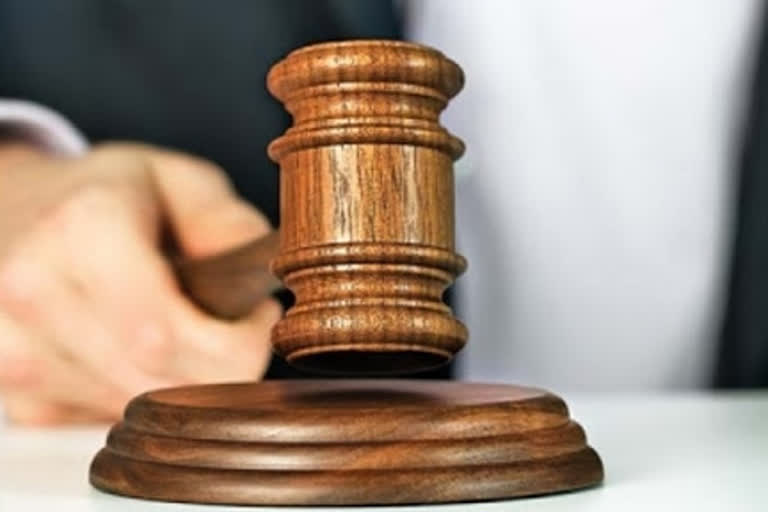New Delhi:The Supreme Court of India is scheduled to hear on October 31 a public interest petition seeking formation of special anti-corruption courts in all districts in the country for early disposal of cases relating to economic offences, tax evasion, money laundering within a deadline of one year, sources said.
The petition filed by Bharatiya Janata Party's spokesperson and Supreme Court advocate Ashwini Kumar Upadhyay is slated for hearing on October 31 before a bench consisting of Chief Justice U U Lalit and Justices S R Bhat and Bela M Trivedi. The petitioner has contended that the Centre and States have not taken appropriate steps to weed out corruption and none of the welfare schemes and government departments are corruption free.
Ashwini Kumar sought directions to the Centre, States and Union Territories to establish Anti Corruption Courts in every district to decide the cases relating to black money, benami property, bribery, money laundering, drug trafficking, etc. Further, the petitioner urged for directions to the High Courts to take steps to dispose of such cases within one year.
In his latest plea, Ashwini Kumar said: "Due to massive corruption, we ranked 43 in quality of life index, 51 in democracy index, 68 in rule of law, 84 in air quality, 102 in hunger index, 115 in human capital, 125 in gender discrimination, 130 in life expectancy, 134 in youth development, 136 in global peace, 139 in GDP per capita, 142 in press freedom, 144 in world happiness index, 145 in education,168 in literacy rate and 177 in environment performance index."
Also Read:BJP uses corruption, dynastic rule narrative to counter Bharat Jodo Yatra
The plea said that around 10% budget of the Centre and States is turning into black money and the government can recover this by recalling currency above Rs 100, restricting cash transaction above Rs 5,000 , linking assets above Rs 50,000 with aadhaar and confiscating black money, benami property and by awarding life sentence to looters.
The petitioner contended that corruption caused economic under performance which disturbs the entire public distribution as well causing grave harm to the poor. He said that it is violative of fundamental rights guaranteed to citizens under Article 14 and 21 that talk about rule of law and life with dignity.
